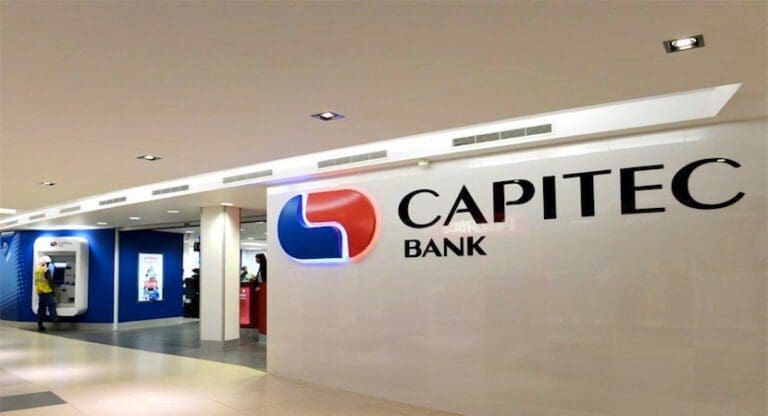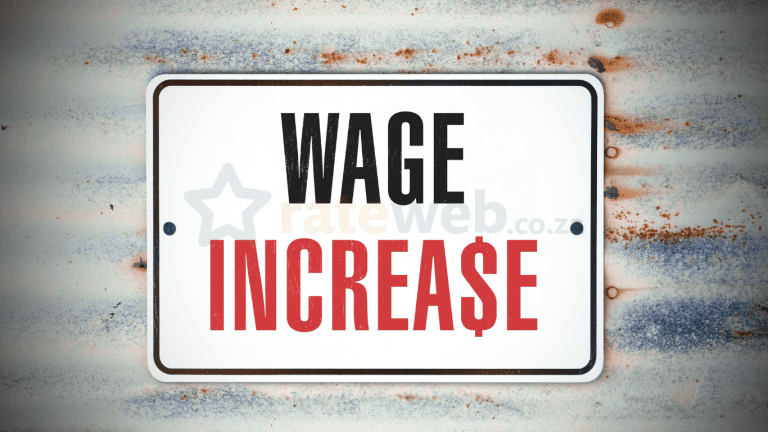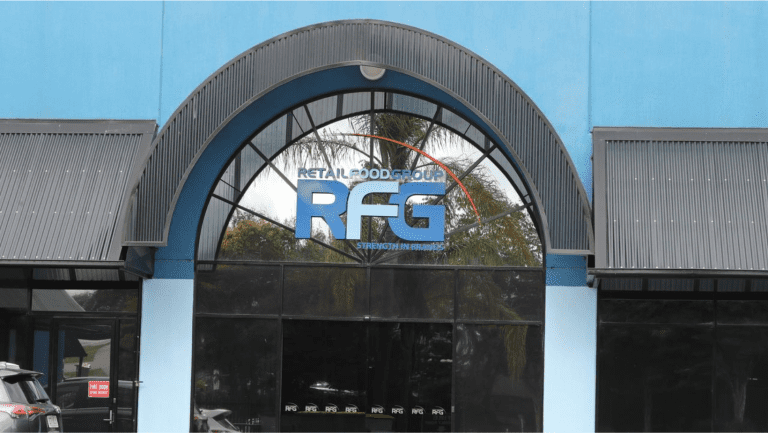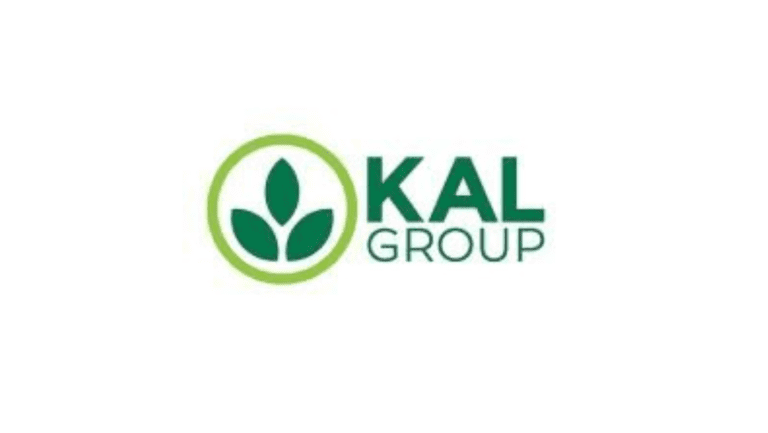In the face of geopolitical unrest, a weakened rand, and ongoing load shedding crises, South Africa has experienced a sharp increase in food price inflation. As a result, middle-class consumers in the country are spending nearly 50% more on groceries than they did in 2019, according to a recent report by Discovery Bank and Visa.
- Middle-class South Africans are grappling with soaring food prices, spending nearly 50% more on groceries since 2019 due to factors like geopolitical unrest, a weaker rand, and load shedding crises.
- The SpendTrend23 report by Discovery Bank and Visa reveals that grocery expenditures have increased across all income groups, with the mass market being hit the hardest.
- The Pietermaritzburg Economic Justice & Dignity group (PMBEJD) emphasizes the alarming trend of rising food prices, driven by inflation in bread and cereal, meat, and vegetable products.
The SpendTrend23 report analyzed consumer spending patterns for Discovery Bank clients and the broader South African population before, during, and after the Covid-19 pandemic. The study categorized clients into four primary groups based on annual earnings: Mass (less than R100,000), Mass Affluent (R100,000 to R350,000), Emerging Affluent (R350,000 to R850,000), and High Net Worth (more than R850,000). Middle-class South Africans generally fall into the mass or emerging affluent categories.
The report identified groceries, services, and travel as the most significant spending categories across all client groups. Groceries encompassed the typical food basket for each group, while travel included fuel and air ticket expenses. Services covered a broad range of items, from construction to beauty services.
Groceries emerged as the largest spending category for South Africans, with grocery expenditures as a proportion of total spending increasing for both Discovery Bank clients and the broader population. This increase is attributed to rising food prices that have outpaced general consumer price indices.
In 2022, South Africans faced food inflation of 12%, nearly double the national inflation rate, which fell to 6.9% in January 2023. Consequently, the report revealed increased spending across all client categories compared to 2019, with some groups struggling more than others.
The mass market in South Africa has been hit hardest by rising food costs, with their grocery spending surging by almost 50% since 2019. This trend is followed by the affluent mass market (14% increase), emerging affluent (12% increase), and the high net worth market, which saw the smallest increase in grocery spending at just 4%.
Although total grocery spending and basket size directly correlate with income, the data highlights that affluent markets are still impacted by food inflation. Affluent client groups can better manage food inflation by substituting lower-priced items and leveraging promotions or bulk savings. In contrast, mass consumers have no such options, making the effects of food inflation more severe for this segment.
The Household Affordability Index by the Pietermaritzburg Economic Justice & Dignity group (PMBEJD) further underscores the alarming trend of rising food prices in South Africa in 2023. According to the group, food and non-alcoholic beverages inflation reached 13.4% year-on-year in February 2023, driven by bread and cereal, meat, and vegetable products. Bread and cereal products saw an annual rate of 21.8% in January, while meat inflation climbed to 11.2%. Additionally, vegetable prices, such as onions and potatoes, skyrocketed by 75% and 41%, respectively, year-on-year.
With this ongoing trend, mass market clients will continue to bear the brunt of food inflation. As active spenders in this category, lower-income earners are likely to redirect their spending toward essentials that offer greater value, Discovery Bank noted.










































